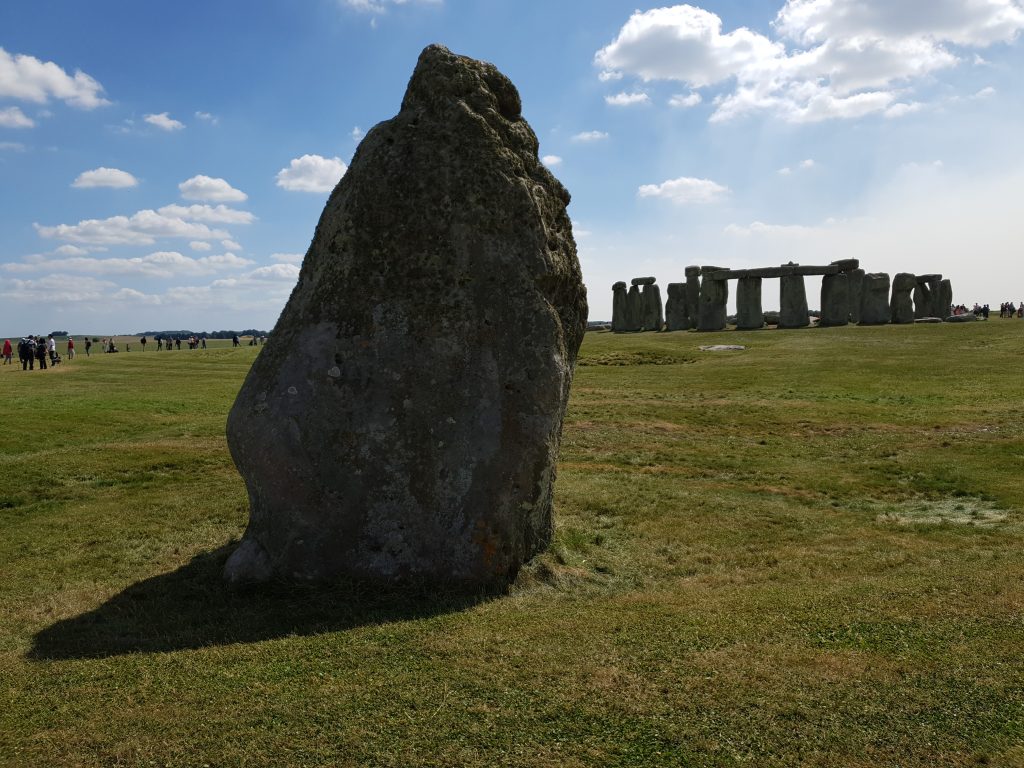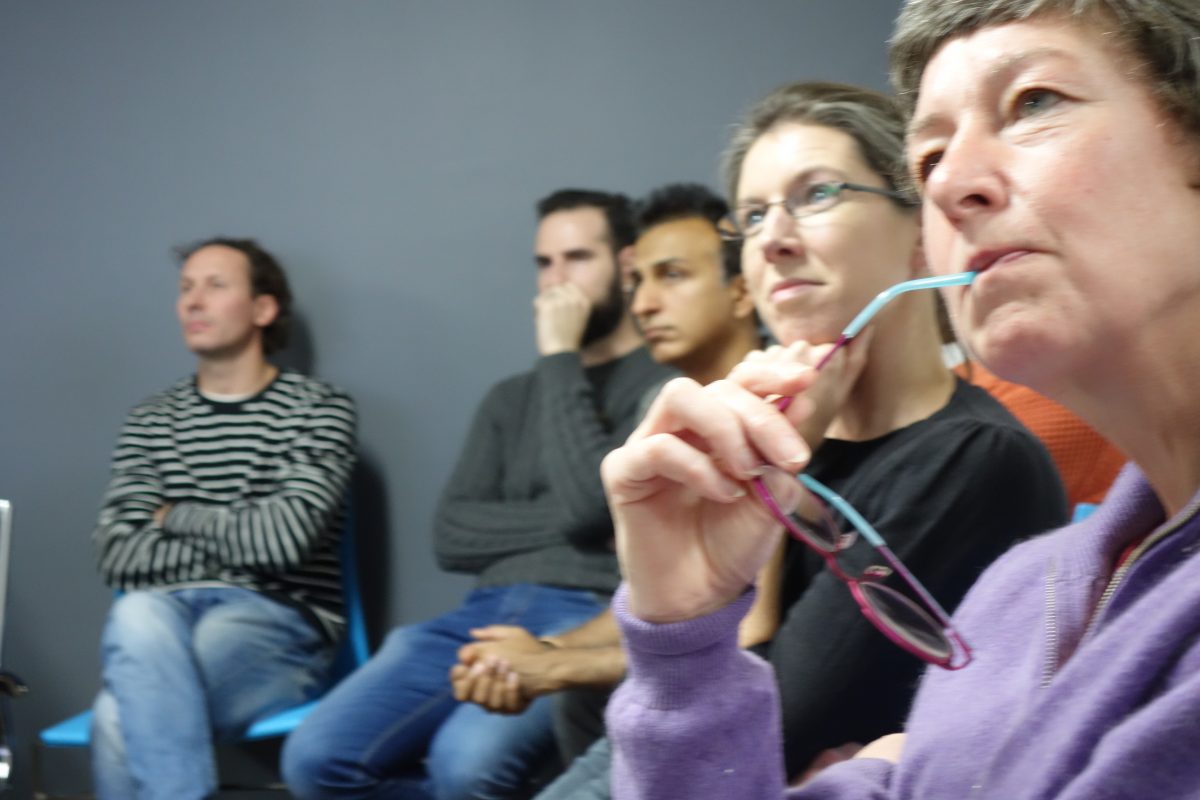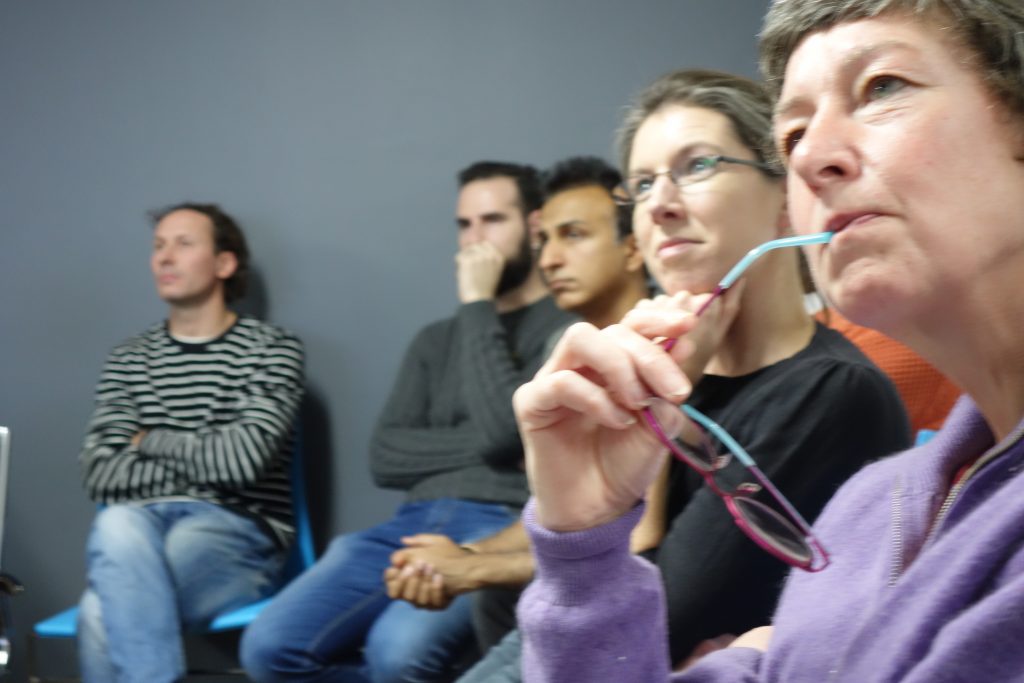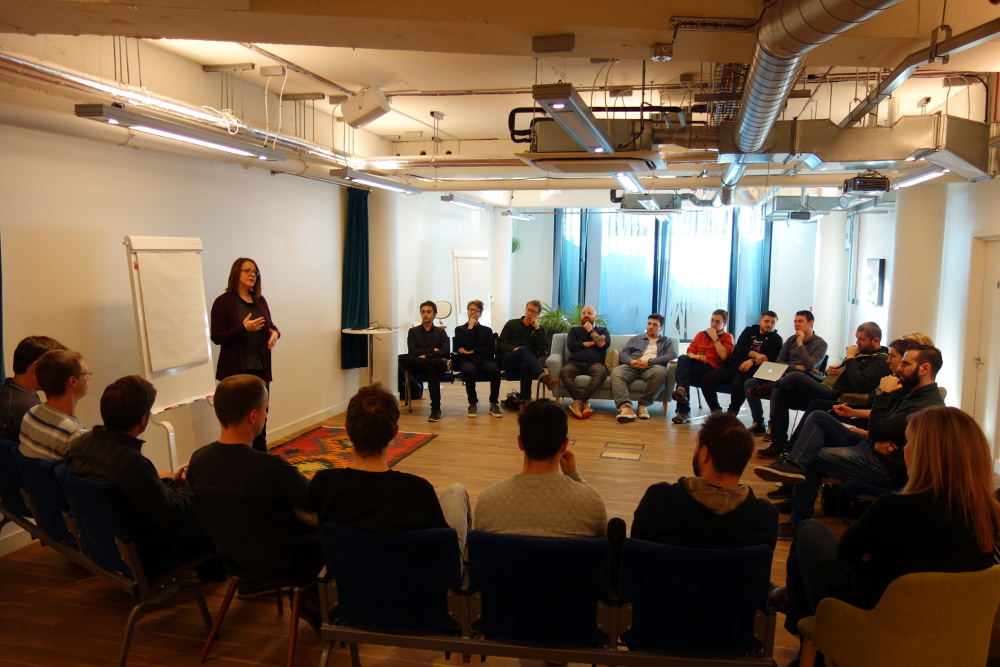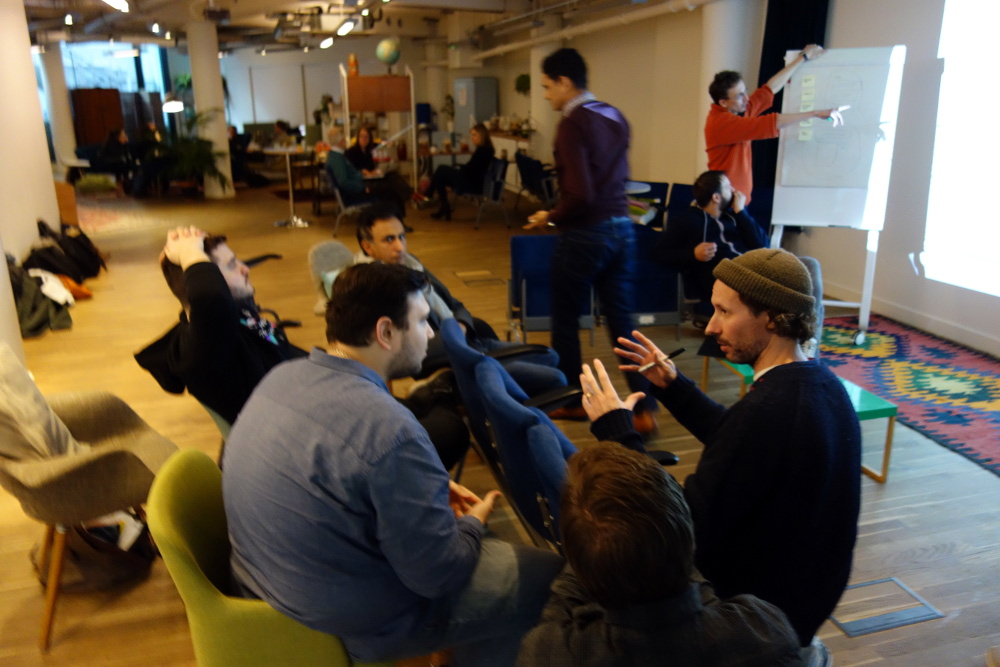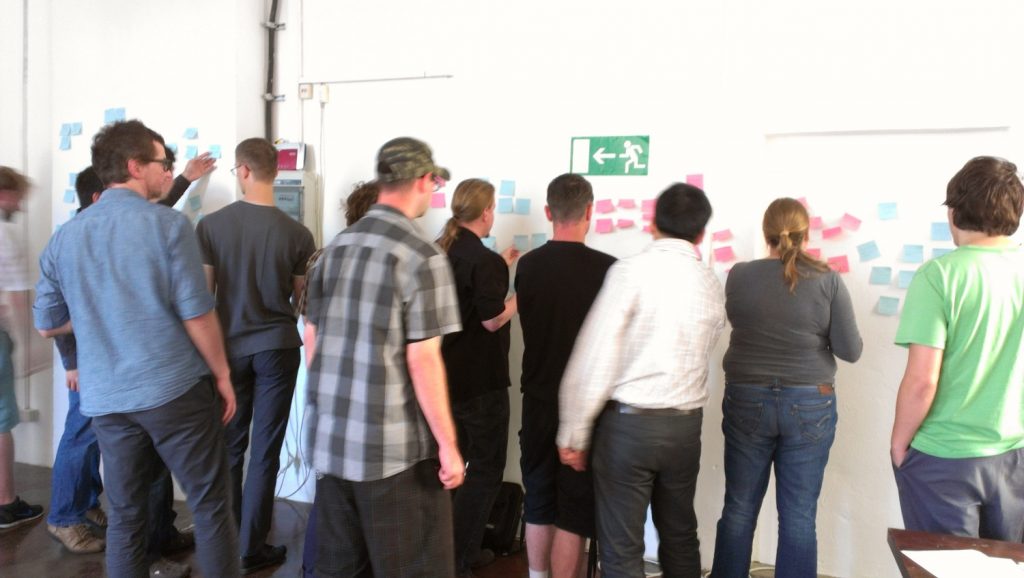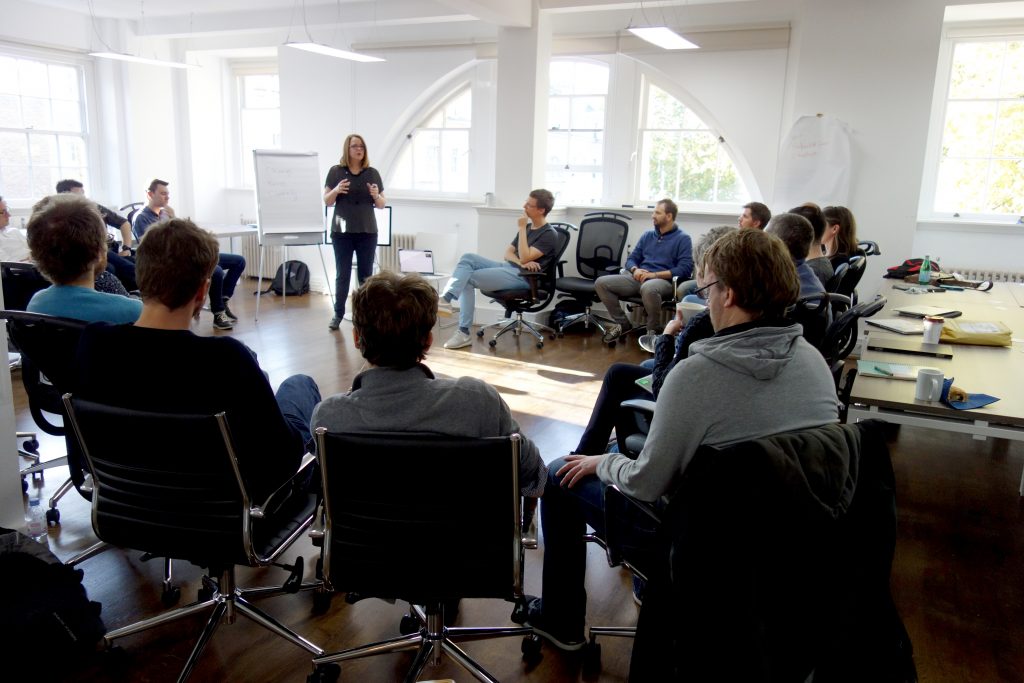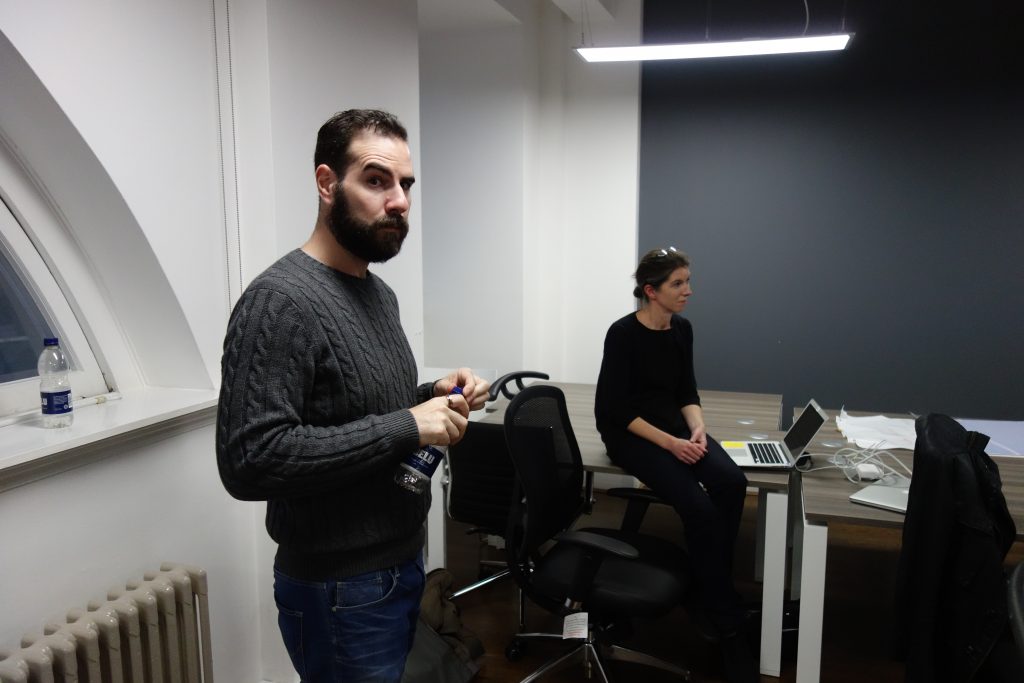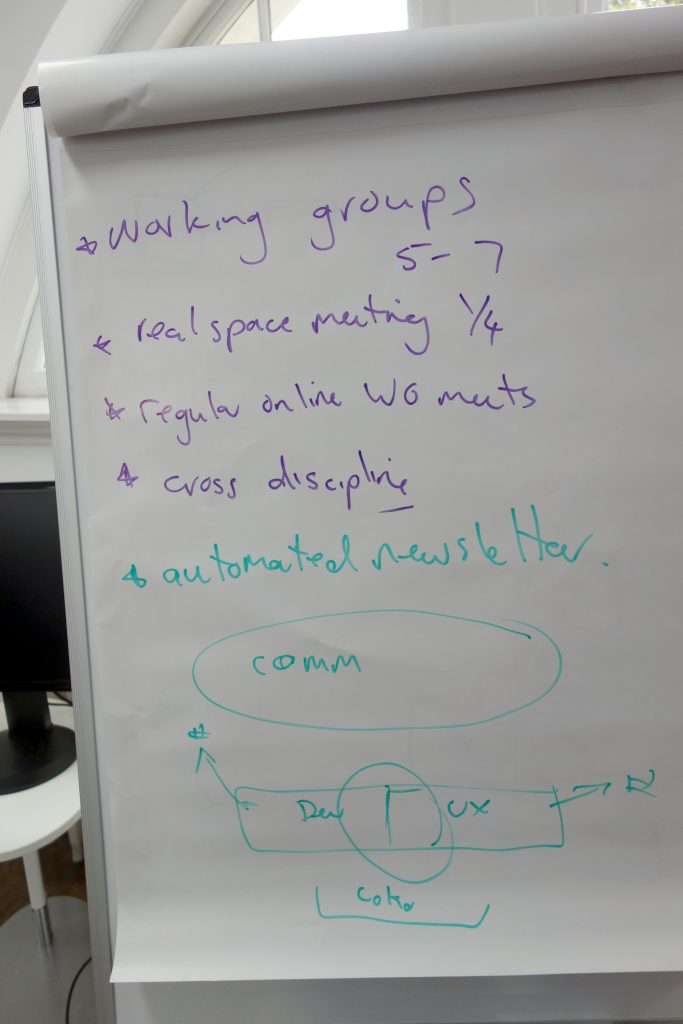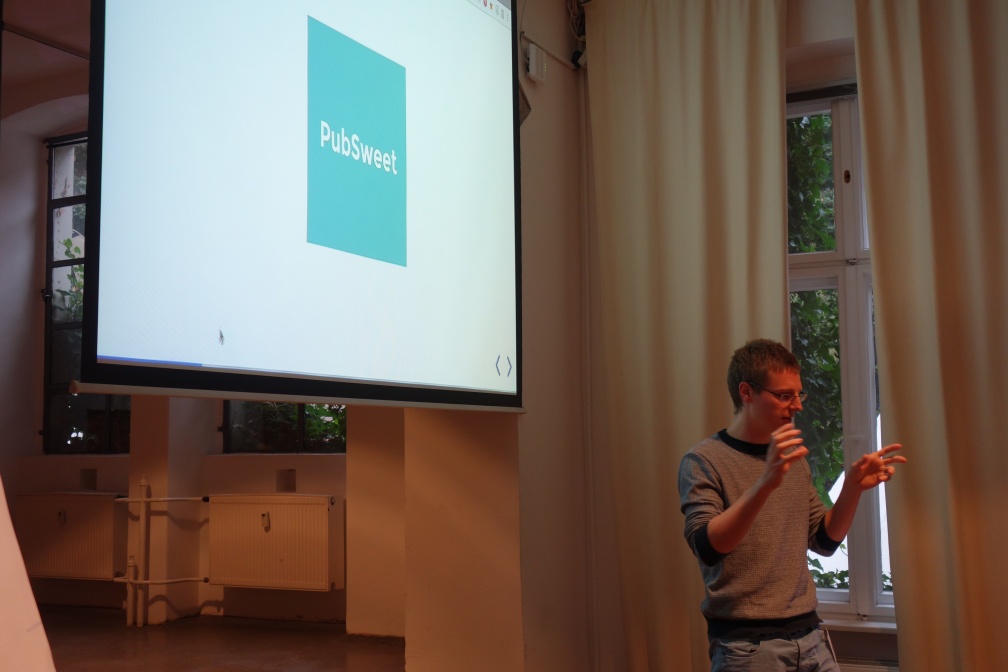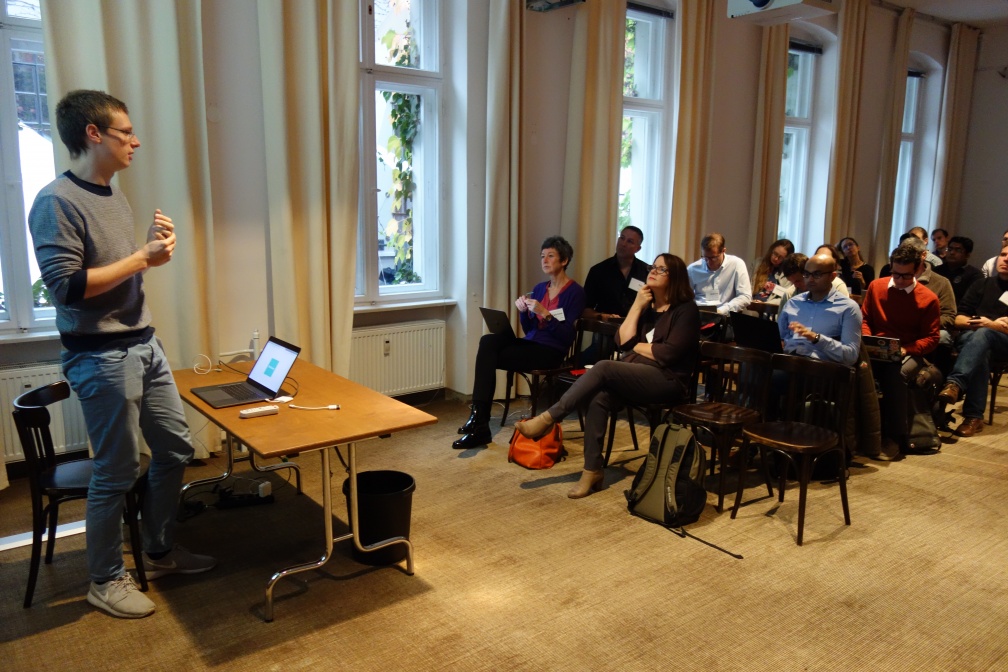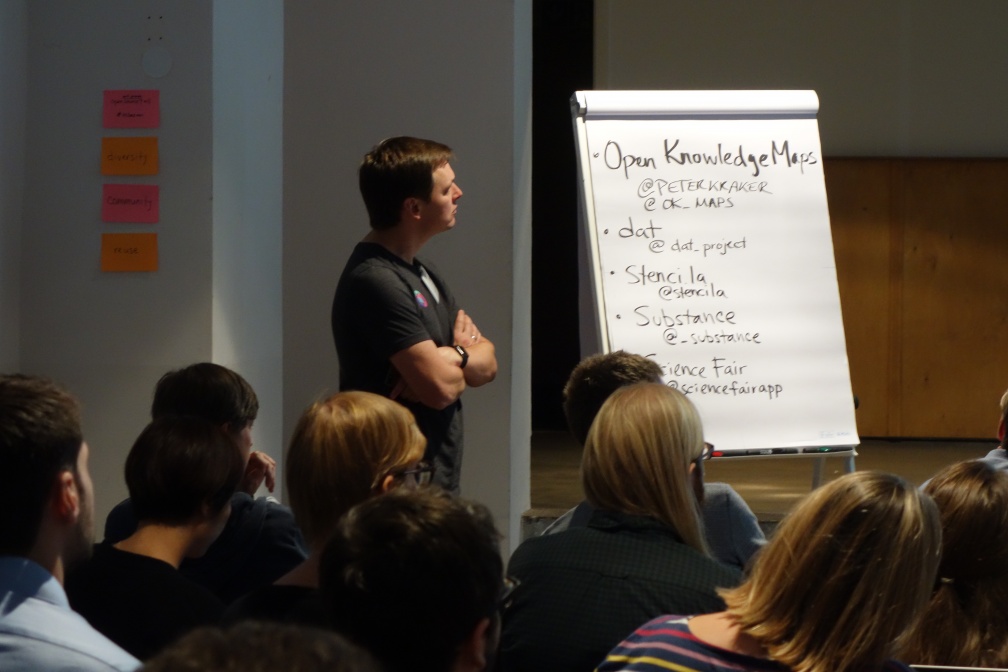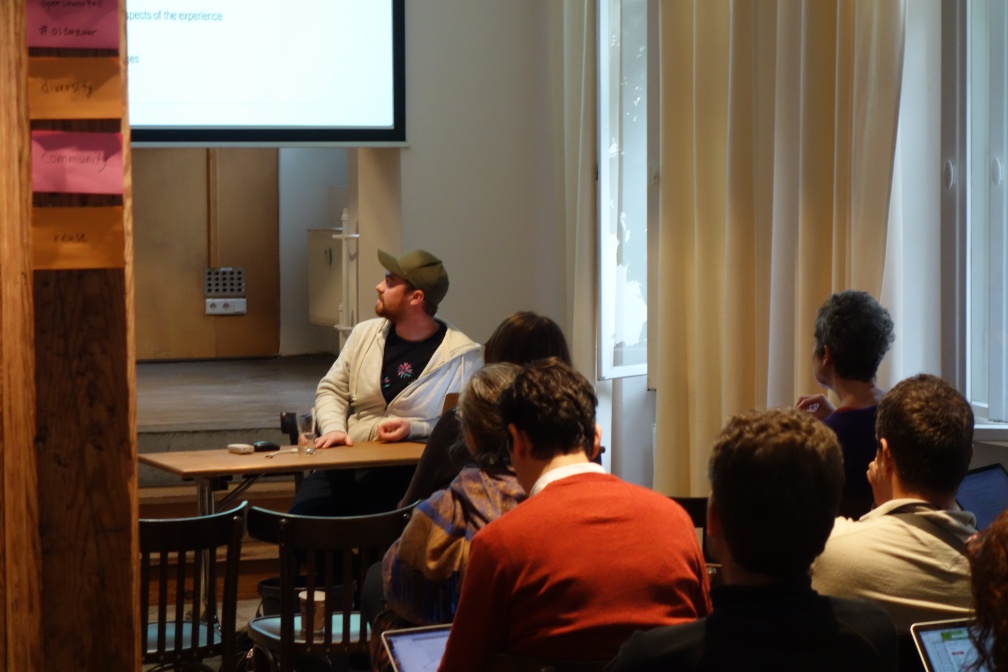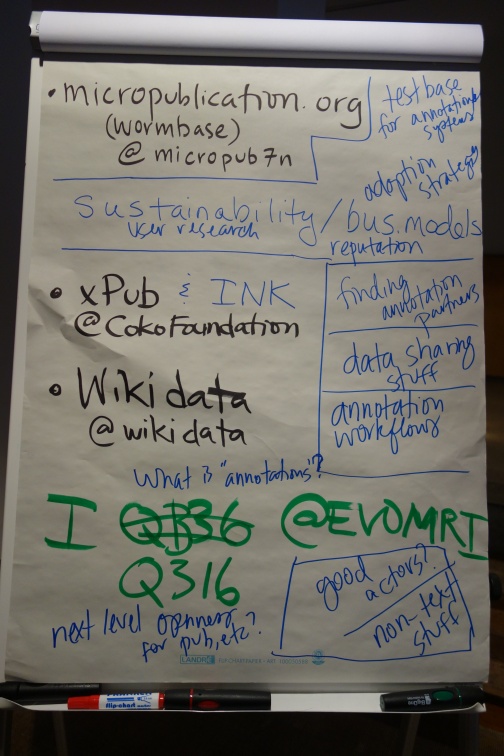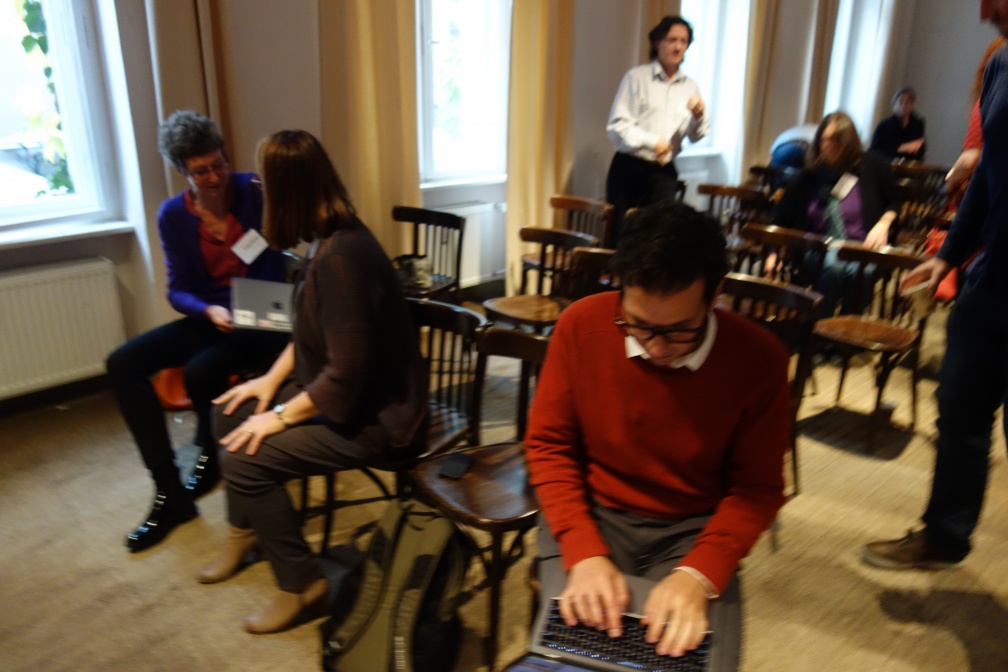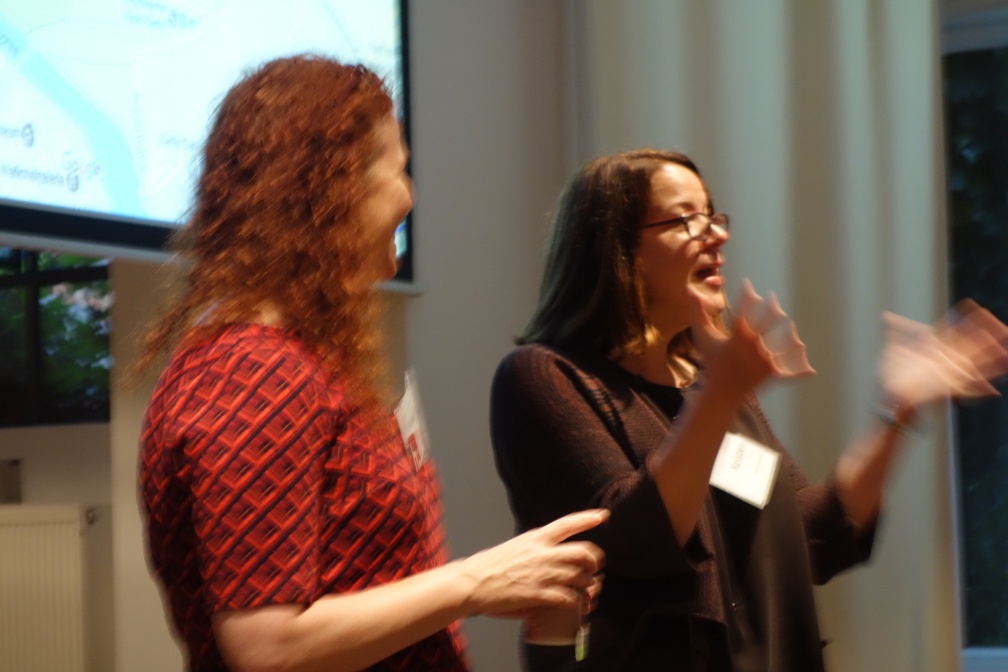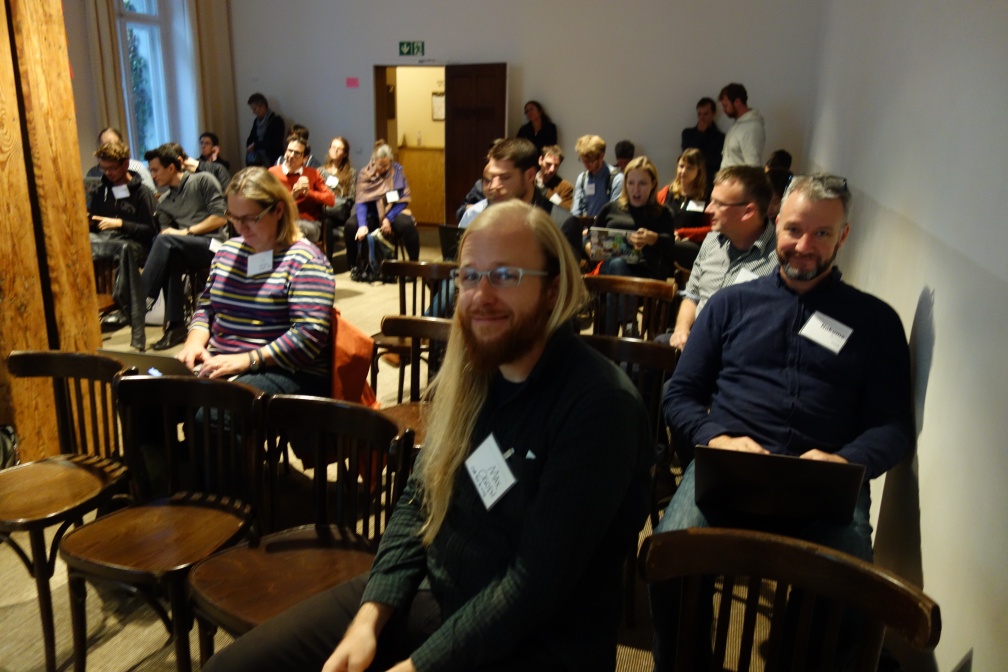A part of my personal history is a platform called Aperta which was previously called Tahi. It was a PLoS project and I was hired to design and build it. I quit when the PLoS Board decided to close the repositories, effectively making it a closed project. The repos remained closed, and as far as I know, are still closed today. Ironically after I left, they renamed the project ‘Aperta’ – Italian for ‘open’. A really silly marketing move to reassure everyone that despite what they may have heard, the project was still open…that was perhaps true, albeit (ironically and literally) in name only.
Now, it seems, the platform dev has been halted. Feels good to me. From what I heard (and I didn’t hear much), PLoS didn’t take the project in a good technical direction and generated a significant amount of bad faith and market confusion while trying to develop it behind closed doors.
To quote the new CEO Allison Mudditt (who I respect very much, Coko worked with Alison when she was at UCP):
Part of this initiative will involve changes around the workflow system – Aperta™ – we set out to develop several years ago with the goal to streamline manuscript submission and handling. At the time we began, there was very little available that would create the end-to-end workflow we envisioned as the key to opening research on multiple fronts. But the development process has proved more challenging than expected and as a result, we’ve made the difficult decision to halt development of Aperta. This will enable us to more sharply focus on internal processes that can have more immediate benefit for the communities we serve and the authors who choose to publish with us. The progress made with Aperta will not be wasted effort: we are currently exploring how to best leverage its unique strengths and capabilities to support core PLOS priorities like preprints and innovation in peer review. This will be part of our planning for 2018.
http://blogs.plos.org/plos/2017/12/ceo-letter-to-the-community-mudditt/?utm_source=feedburner&utm_medium=feed&utm_campaign=Feed%3A+plos%2FBlog+%28Blogs+-+PLOS%29
I hope that PLoS releases the technologies that have been developed for Aperta (there was a lot more than just the submission system) into the open… with both open repositories and open licenses AND, more importantly, an open heart. Collaboration and openness is more to do with how people are than what open license they choose and several of the practices, including asking potential collaborators to sign Non-Disclosure Agreements (NDAs) before getting a demo of the system, were ridiculous and ungenerous.
Having said that, it would be awesome to see all that work released into the open, in open repos with open licenses, and no more blurring of the word ‘open’. Afterall the systems developed that included Tahi were all paid for by researchers. The PLoS Article Processing Charges fuels PLoS and they committed some of this revenue to the development of Tahi. When I was there, no external funding was secured for developing the system. Pedro Mendes made a good point in response to the announcement:

There is some merit to this, but I do applaud PLoS for being adventurous, and if it had worked then the result would have been APCs could be lowered, not just for PLoS, but for any Journal out there reliant on expensive and dysfunctional Manuscript Submission Systems. Allison also notes this in a discussion below the post mentioned above:
…the original idea was that Aperta would allow us to eliminate or speed up the slowest steps between a finished work and its publication in order to reduce the cost of our publishing services
That is true, and it was an admirable goal. However, whatever the journey was between then and now, the project should have always have been out in the open as a public asset. Open for science, open for access, open for source, open for all – and the fact researchers paid for it but it was turned into closed project mid-flight is reprehensible and in the end it worked against PLoS, in particular, it severely weakened PLoS claims to supporting all things open. What a mess.
But, it can’t be ignored that Tahi is about 5 years old now, which is old in software years. A entire generation of technologies that are better suited to solving these problems has arisen in that time. The system is now not much more than a still (just) relevant but outdated approach. That is the risk you take when you develop things behind closed doors. By the time you release it (or don’t in this case), it is out of date. That said, it would still be good to release it, but there are better technologies and approaches out there now.
So I look on with interest to see what will happen next. I sincerely hope PLoS can return to cutting a path through publishing and exploring and enabling a viable Open Access model that others can follow. With Allison at the helm I am betting things are going to take a much needed turn for the better, not just with this project, but on all counts.
As for me, I learned a lot from designing Aperta (I prefer to call it Tahi). The design process was an introduction to scientific journal publishing for me. I learned a great deal. Tahi gave me, at the time, an unencumbered dream time to imagine something new. It had a lot of interesting innovative approaches and if I had stayed with the project it would have ended up close to where PubSweet is now as I wanted to completely decouple the ‘spaces’ (a concept important to Tahi). It would not have been as good as PubSweet at doing this as a complete ‘decouple’ really has to be imagined from the start, and isn’t as clean if retrofitted. Still, the system would have been a lot more flexible and reusable.
But that wasn’t to be. Don’t get me wrong – I don’t think Tahi was the perfect platform, but it was a pretty good starting point with some significant innovations. At the time, I was looking forward to shaping Tahi with use and to mature it into an excellent system. The good news is, the next platform you design is always better. I took a lot of what I learned (I have now been involved in instigating around a dozen publishing systems) to my next development, and worked hard to re-conceptualise a new system that avoided some of the mistakes I made with Tahi, and took some of the good parts a whole lot further. That new project is PubSweet and it is looking awesome, and leverages modern technologies and approaches to the max – mainly thanks to the bunch of amazing folks working on it within the Coko team (particularly Jure Triglav) and also now, increasingly, from the collaborators we work with (at this stage mainly eLife, YLD, Hindawi and ThinSlices). Also a huge thanks to the Shuttleworth for backing me, especially because it was at a time (I had just quit PLoS) when it was very much needed. Their backing meant Coko was possible, and consequently, PubSweet and everything else we have done.
Anyways… it was past time PLoS moved on too from Aperta and congratulations to Allison for making the right call, especially given that it would have been a difficult one given the cultural forces at play inside of PLoS.


